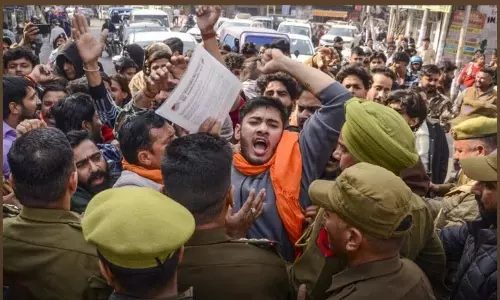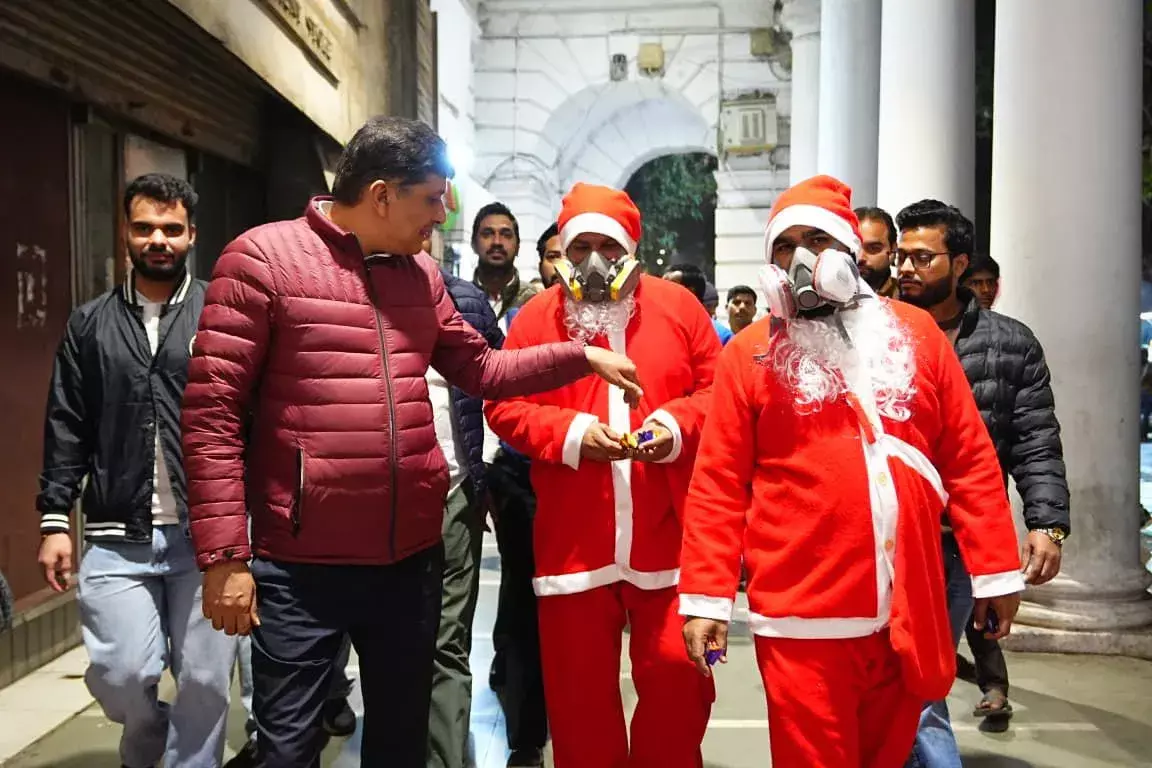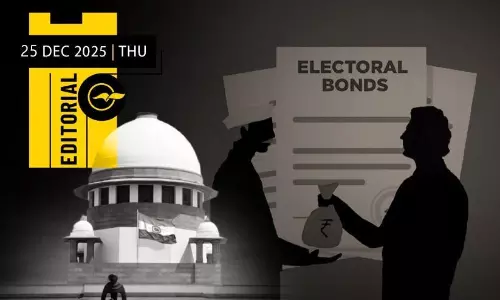
GST bill: Thomas Isaac writes to Centre
text_fieldsThiruvananthapuram: Kerala and West Bengal have raised opposition against the Constitution Amendment Bill for GST saying the amendments included in the bill were against the assurances given in the meeting of the Empowered Committee of the state Finance Ministers.
Kerala’s finance minister TM Thomas Isaac, in a letter to Jaitley, raised the issue pertaining to an amendment made by the Union Cabinet last week on Article 270, which allegedly deprives states from the divisible pool of Integrated GST revenue on unclaimed credits in B2C (business-to-customer) and B2G (business-to-government) transactions.
Isaac in his letter also reiterated the consensus of Empowered Committee in its last meeting regarding “full” compensation for states for five years.
He said that the amendment in Article 270 is against the decision of the Empowered Committee of 2014 where it was decided that the residual amount in the IGST account shall be shared with the states as per the Finance Commission formula.
Separately, the Empowered Committee of State Finance Ministers’ chairman and West Bengal finance minister Amit Mitra also raised a red flag over the government’s decision to stop short of explicitly providing for “full” compensation to states in the Bill.






















